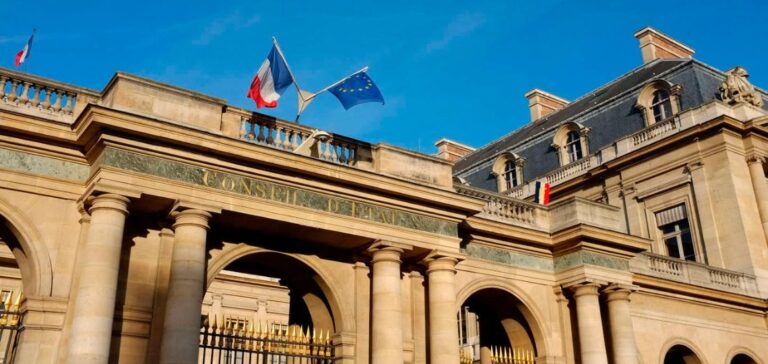EDF has “taken note” Sunday evening of the decision of the Council of State, which deemed legal the government ‘s decision to force the group to sell more cheap electricity in 2022 to its competitors to contain the bill of the French. The petitioners sought the annulment of a decree of March 2022 providing for an increase in the ceiling of the regulated access to historical nuclear electricity (Arenh).
An increase to ensure free choice and price stability
The government had decided to raise the Arenh, a mechanism that allows EDF’s competitors to buy part of its nuclear electricity production at low prices, from 100 to 120 terawatt hours (TWh). EDF qualified this measure as state aid, considering that notification to Europe was necessary. However, for the State Council this measure “meets the objectives of the 2010 law – to ensure free choice of supplier and price stability -, and is not excessive to achieve them given the exceptional context” of rising prices of the place.
EDF will initiate an indemnity procedure before the administrative court.
This does not prevent EDF from initiating compensation proceedings before the Paris Administrative Court in order to obtain “full compensation from the State” for the damage suffered. Thus, “EDF takes note of the decision of the Council of State,” according to the words contained in a press release published Sunday.





















